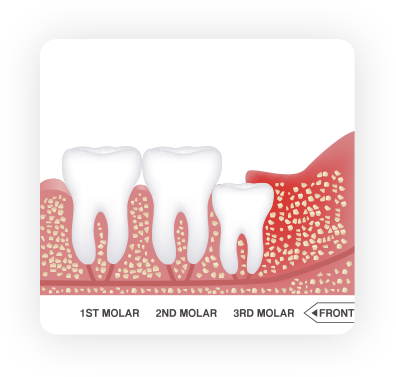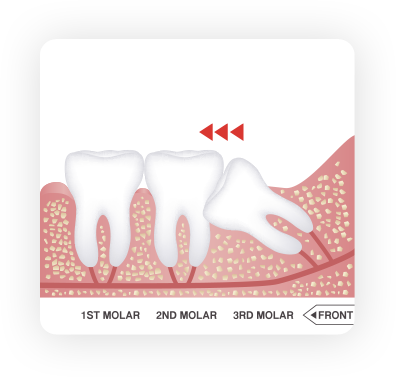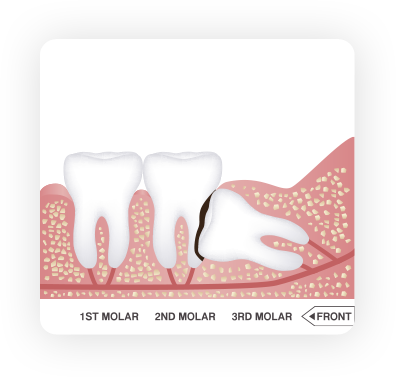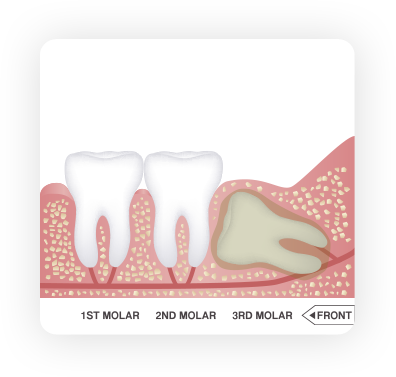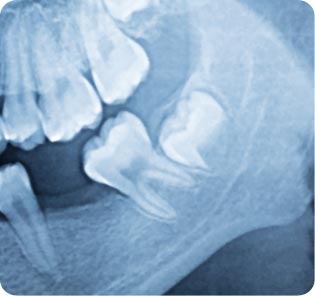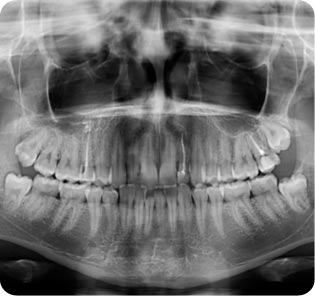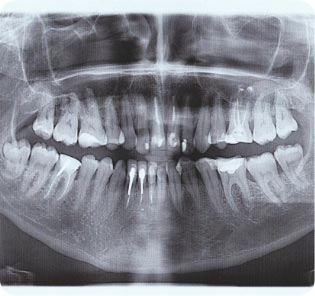
Dentists and dental specialists routinely provide wisdom teeth removal surgery in the office. Once you receive the recommendation to have your wisdom teeth removed, you will have a consultation appointment in order to assess important health information, your medical history, any medications you are taking. The doctor will examine your x-rays and examine your mouth. The procedure will be planned, using the type of anesthesia you decide upon. Your vital signs, including heart rate, breathing and blood pressure will be monitored closely during surgery and recovery.
In most cases, moderate IV (intravenous) sedation is used together with local anesthetic, to numb the area. With IV sedation, an IV line is placed in the arm or hand, and medications for sedation are administered through the line. Patients who have a combination of moderate IV sedation and local anesthetic generally experience a sedated state, with no pain or discomfort during treatment, and retain little or no memory of the experience. Upon completion of the procedure, you will likely feel somewhat sedated, and your mouth will remain numb from the local anesthetic for up to several hours.
Once you are recovered from the sedation, you will be able to go home and start taking any prescriptions given to you. Most people do not have significant pain after wisdom teeth surgery, although the area will be sore. Taking prescribed medications for pain, or over-the counter pain relievers (like Tylenol or Advil) will help reduce any post-operative discomfort. Some swelling is normal, and you will need to follow a special diet for up to two weeks. All patients are given specific post-operative instructions to help them take good care of their healing mouth after surgery. Following your post-operative instructions explicitly is the best way to ensure that you experience a smooth post-operative course. Most patients are able to return to work or school within 1-3 days after surgery. Your doctor will need to be consulted regarding return to sports activity, strenuous exercise, playing a wind instrument or travel by air.
